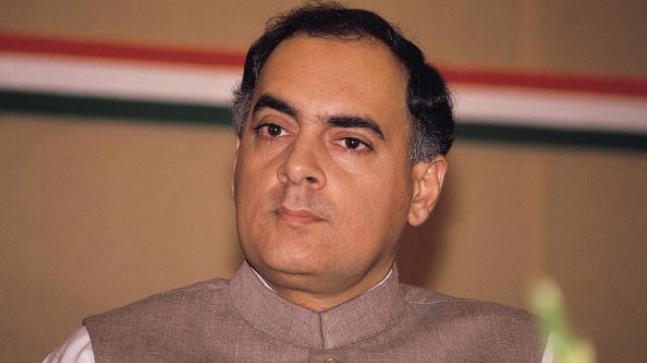This day that year in 1984 Bhopal Gas Tragedy- the world’s worst industrial disaster- occurred. It claimed lives of more than 15,000 people and more than five lakh people were affected. The response of the then Prime Minister Rajiv Gandhi to the biggest Industrial disaster of the world, Bhopal Gas Tragedy, was nauseating. He let Warren Anderson, the key accused in the Bhopal gas tragedy case escape from India without any trial or punishment. According to various sources, Rajiv Gandhi government did everything to protect the man responsible for destroying the lives of lakhs of individuals.
Four days after a deadly toxic gas leak of methyl isocyanate (MIC) at Union Carbide’s plant in Bhopal, the Company’s Chairman, Warren Anderson, was arrested when he arrived in Madhya Pradesh. But the Congress government of the state allowed him to go after keeping him under house arrest for two hours, Anderson posted bail and left the country to never return again. The then Chief Minister of MP, Arjun Singh received a phone call from Delhi to ensure the safe release and escape of Anderson back to the United States.
Senior Congress leader Arjun Singh in his autobiography ‘A Grain of Sand in the Hourglass of Time’ wrote that that home secretary R.D. Pradhan called him “On the instructions of the then Union Home Minister P.V. Narasimha Rao”. However, Pradhan denied the allegation.
Moti Singh, who was the Bhopal collector at the time of Bhopal Gas Tragedy said, “Had we removed the landline phone from his room, Anderson would not have escaped. He possibly made calls to contacts in the US to help him leave India.” According to various reports, the Indian government came under the pressure of the US government and allowed Anderson to escape.
Swaraj Puri, Bhopal’s Superintendent of Police in 1984 claimed, “We arrested him on the basis of a written order but released him on an oral order.” He further added that the oral order came “from higher-ups”.
One of the reasons attributed behind Rajiv Gandhi’s soft attitude towards Anderson is “Quid pro quo“. Well, Quid pro means an exchange of goods or services, where one transfer is dependent on the other. In 2015 during Monsoon Session, External Affairs Minister Sushma Swaraj made a mention of a little-known name called Adil Shahryar. Adil Shahryar was the son of Rajiv Gandhi’s friend. Shahryar was a childhood friend of the then Prime Minister Rajiv Gandhi.
In the early 80s, Adil Shahryar had a company called Caribbean international Investment Corporation, which had signed a deal with Shapton Producers to supply video cassettes. Instead, he supplied scrap paper. Shahryar had fallen out with the suppliers and had later attempted to set fire to his hotel room. He was taken to custody in Miami in 1981. He was charged with defrauding shipping authorities, American Express International Banking Corporation, he was also charged with use of a firearm. As a result, he was sentenced to 35 years in jail by the US fed court.
In June 1985, Ronald Reagan administration in the United States granted a presidential pardon to Adil Shahryar. Reagan commuted the sentence of 13 people in prison; also important is the fact that Reagan signed the clemency papers of Adil on June 11, 1985; incidentally, it’s the day when Rajiv landed in Washington. Rajiv secured the release of Adil Shahryar in exchange for the gesture of releasing Anderson earlier. A quid pro? It’s to be noted that Rajiv was vocal in saying that “Adil was wrongly imprisoned”.
Sushma Swaraj taunted Rahul Gandhi to ask his mother, “Mumma, Mumma, how my father released the murderer of 15,000 people,” and later on referred to Arjun Singh’s biography in which he wrote about Rajiv Gandhi whispering in his ear to allow Anderson to go and that what he was told will always remain secret and vanish with his death (Mere saath chita me bhasm ho jayega). Sushma Swaraj said that the secret, however, came out after six months. Swaraj further said that former Prime Minister Rajiv Gandhi allowed safe passage to Union Carbide chief Warren Anderson in a “quid pro quo” to secure the release of his childhood friend Adil Shahryar.
